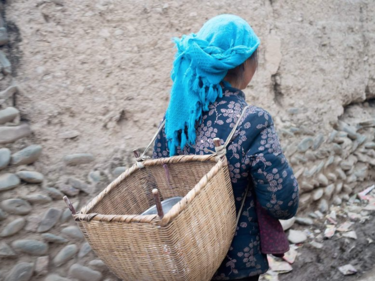
Forty Bytes
Apparently, your subconcious brain can absorb about 20 megabytes of information every second--things we know are there, but choose to ignore because your brain says its repetitive or irrelevant at the moment. Our conscious brain—things that focus on the immediate—only pays attention to about 40 bytes of information. A good example is driving: We drive merrily down the road, collecting information about nearby cars, people, animals and scenery before we make our left turn; 40 bytes later, we notice a speeding car coming towards us as the light turns yellow. Do I punch the gas pedal or hold?
If I was 20 years old, driving a 1974 Corvette, the answer is easy. But triple my age, add a mortgage, a few kids, and a bigger sense of where we fit into the universe, and suddenly yielding a few seconds to a car coming through the intersection means not getting primetime dashcam footage on the 6 O’clock newscast.
If 2020 has taught us anything, it is that uncertainty is more constant than the plans we make for it, and the importance of relationships and having patience for one another. The self-doubting, insecurity, turmoil and change of the past year makes us forget that we CHOSE to become educators, and right now it may mean working tirelessly, from a distance, to help, teach, reassure, and connect our students as they build social and emotional resiliency.
Three inspiring stories come to mind. A teacher who hikes an hour into the mountains every day up to 11,000 ft to run a one room schoolhouse with no running water or bathrooms, no laptops, desks, or document camera. No cellphones, MEC jackets or Arcteryx hiking gear. He has up to 25 students who come every day, if they can make it—they have to hike over mountains & streams TWO hours each way to attend. Imagine the Grouse Grind—twice—each day. Parent-teacher night? HE goes to them…and it can take a week. Compassionate educators who have an opportunity to shape the lives of children.
A woman in a country whose parents were persecuted for being intellectuals when it became unpopular to be “smart”. She was sent to the barren countryside for a decade to be re-educated as a farm worker. During her time, she learned to understand the plight of poor young women in rural areas, with few opportunities to move ahead—socially, economically, intellectually. This woman eventually found her way to Canada, becoming a successful businesswomen AND philanthropist. To the places she was once sent as a child to be re-educated, she now spearheads educational scholarships for young girls to graduate from high school and college, and to give back to their local community as teachers, professionals, and caregivers. The criteria for scholarship? Being an orphan or from a single parent rural family tops the list. Compassionate people who have an opportunity to shape the lives of children.
A wonderful teacher colleague of mine recently shared about a decision she made, after many years, to revert to her original (not a Caucasian name) name and to wear a head scarf, as was the custom of her country. She shared that during her first year of change, she was the deliberate target of micro-aggression that she had never experienced previously, and that there was a significant increase in people who questioned her qualifications, simply because of her name or appearance. She has gone on to steerhead the EQUITY backpack for schools, a project that allows students to explore and discuss difficult issues of equity and racism by going through items in a backpack, such as three colours of a band-aid. Compassionate people who have an opportunity to shape the lives of children.
Make sure you check out the world around you before you decide how to use your 40 bytes of memory. Sometimes that means yielding to the immediate at the intersection in order to achieve something far better.
“Be the change you wish to see in the World.” ~ Mahatma Ghandi